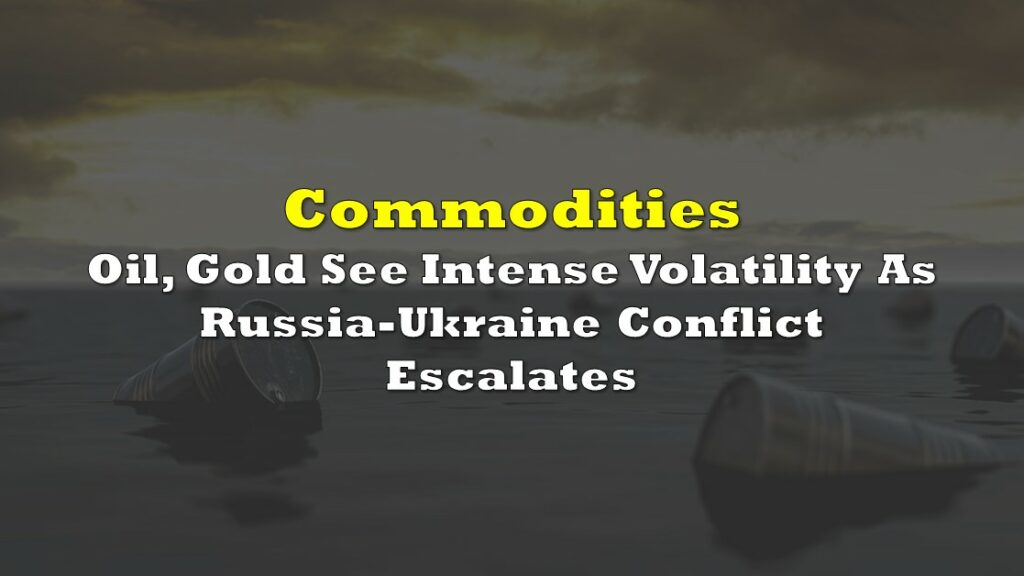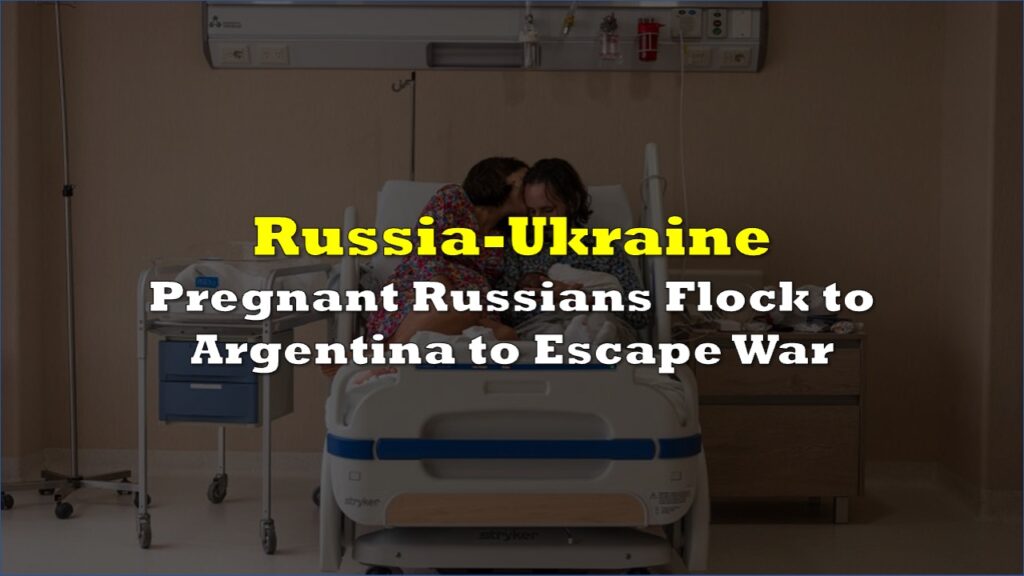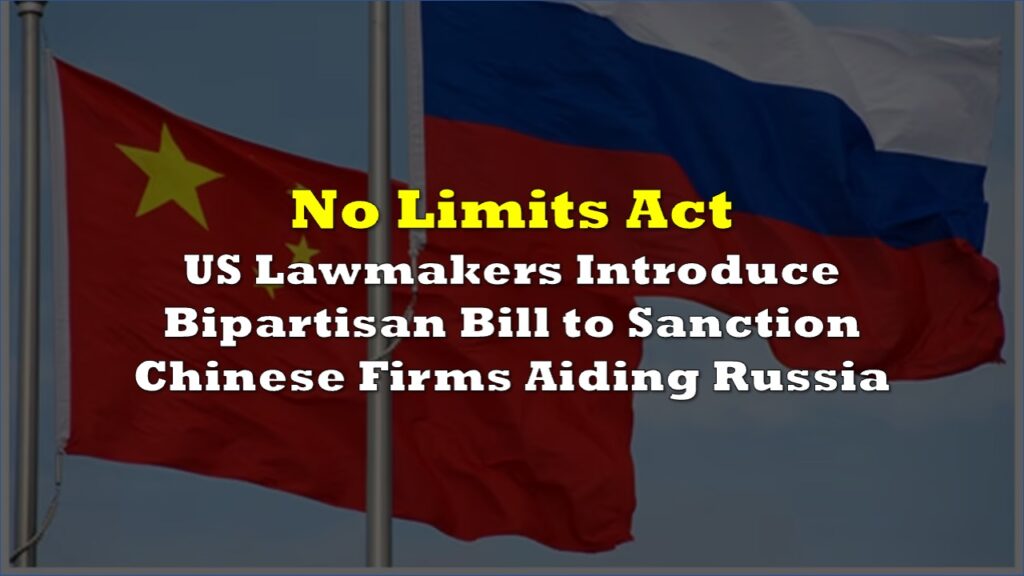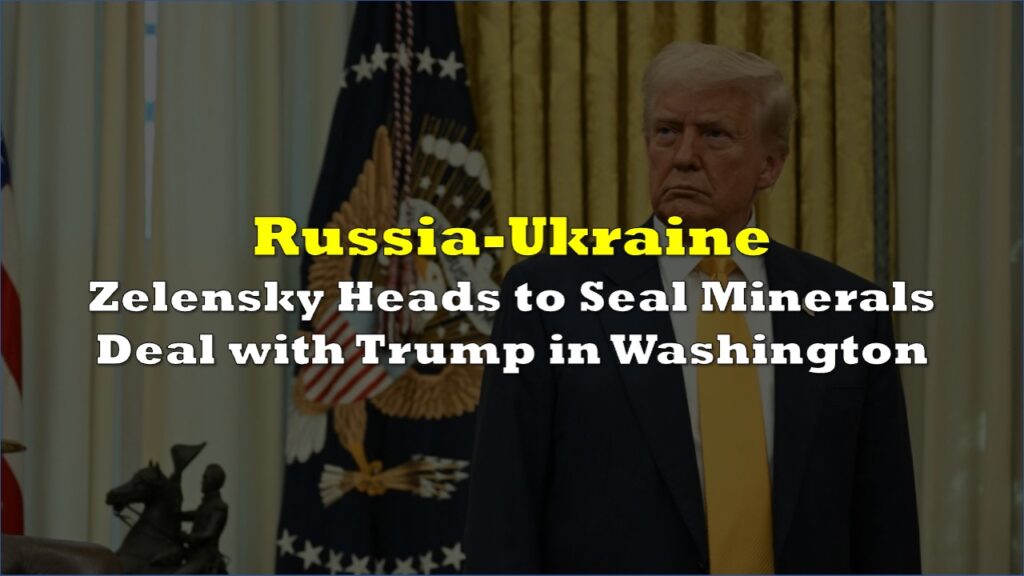Exports from Germany to countries bordering Russia have experienced a significant surge in the first quarter, raising concerns that re-exportation of goods from neighboring states might be aiding Russians in bypassing sanctions imposed due to Moscow’s conflict in Ukraine.
According to data from the German statistics office, German exports to Kyrgyzstan skyrocketed by a staggering 949%, reaching 170 million euros ($187.14 million) as of the end of the first quarter of the year. That figure has gone significantly higher by the end of June, as Robin Brooks, chief economist of the Institute of International Finance, shows in the chart below.
German exports to Kyrgyzstan are up 2000% in the past 3 years. Value of these exports is small, but this is just one of many examples showing how hard it is to police export controls on western goods to Russia. Better to cut G7 cap. If Putin has no cash, he can't buy stuff… pic.twitter.com/ve18KKcWrL
— Robin Brooks (@RobinBrooksIIF) August 6, 2023
Brooks also tracked exports from Germany to Kazakhstan, Belarus and Central Asia, and found that while total exports are down, exports to Kazakhstan surged 105% year-over-year as on June.
This just isn't a good look for Germany. German exports to Kazakhstan are up 105% in year-over-year (annual average) terms in June 2023. German exports to central Asia & Belarus are up 75% on the same metric. Not all of this stuff is going to Russia. But a lot of it probably is. pic.twitter.com/T0wgwcanoi
— Robin Brooks (@RobinBrooksIIF) August 7, 2023
Exports to Kyrgyzstan coming from Poland, Hungary, Czech Republic, also all went up dramatically.
Exports from the EU to Kyrgyzstan have exploded. Poland's exports in the first 5 months of 2023 vs first 5 months of 2019 are up +1990% (blue). Germany's are up +1300% (black). Czech is also up +1300% (red). Hungary is up +485% (orange). Russia's oligarchs like western goods… pic.twitter.com/p9rm85ZYUv
— Robin Brooks (@RobinBrooksIIF) August 7, 2023
The sharp increase in exports to these neighboring countries has sparked concerns that sanctioned goods might be making their way into Russia through intermediary traders in these neighboring states, effectively circumventing the imposed sanctions.
Trade experts and officials have voiced their concerns over this pattern. Gabriel Felbermayr, the president of the Austrian Institute for Economic Research (Wifo), in a May Reuters story, questioned the steep growth rates, emphasizing that such circumvention of sanctions is unacceptable.
In the same story, German Finance Minister Christian Lindner also condemned the practice, stating that cracking down on re-exports is a challenge due to the complex web of customs and trade agreements among these countries, not all of which are aligned with Western sanctions.
Notably, exports of motor vehicles and parts, metal products, chemical products, and clothing to Kyrgyzstan saw exponential growth in the first quarter.
We yesterday flagged a big rise in German exports to Kyrgyzstan. The surge is broad-based, with big rises for things like clothing, beverages, metalware, etc. Biggest single rise is – not surprisingly – motor vehicles and parts (blue). Russia's oligarchs like their German cars… pic.twitter.com/b5hyzicAYS
— Robin Brooks (@RobinBrooksIIF) August 7, 2023
This phenomenon was observed in the wake of a six-fold increase in German exports to Kyrgyzstan last year, following Russia’s invasion of Ukraine. A senior EU official emphasized the need for European companies to ensure they are aware of the end-users of their exported goods to prevent inadvertently facilitating sanctions circumvention.
The situation underscores the complexity of enforcing sanctions and trade restrictions in a highly interconnected global trade environment. As concerns persist, it’s unclear if officials will be able to explore strategies to strengthen oversight and control over re-exportation processes in order to maintain the effectiveness of sanctions against Russia.
Information for this story was found via Robin Brooks, Reuters, Trading Economics, and the sources and companies mentioned. The author has no securities or affiliations related to the organizations discussed. Not a recommendation to buy or sell. Always do additional research and consult a professional before purchasing a security. The author holds no licenses.









